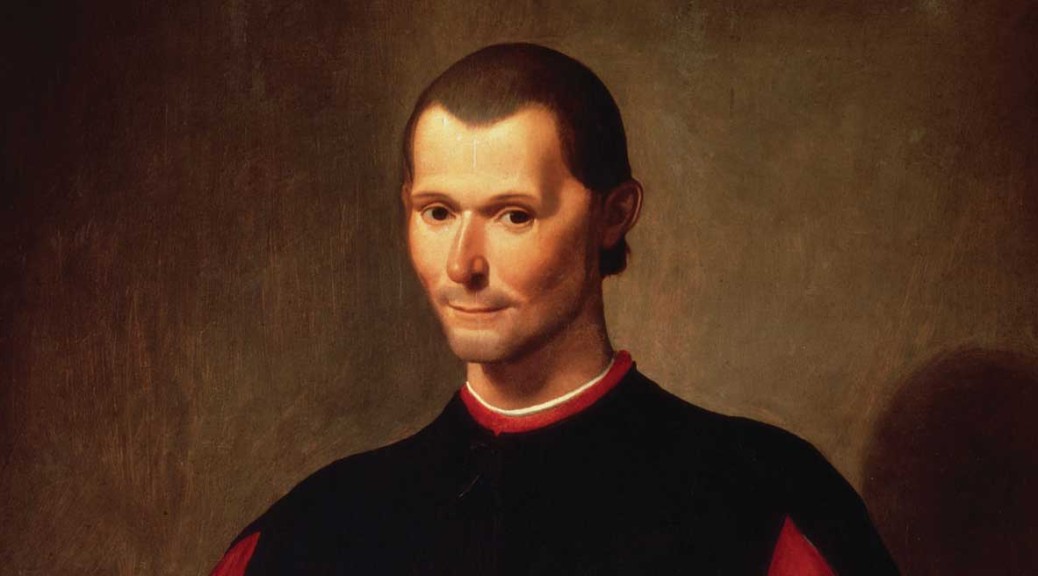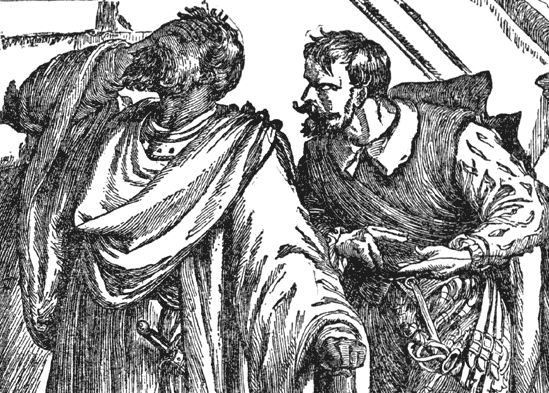Podcast Thoreau and the American Idyll
In Our Time Podcast BBC
Melvyn Bragg; Kathleen Burk, Professor of American History at University College London; Tim Morris, Lecturer in American Literature at the University of Dundee; Stephen Fender, Honorary Professor in English Literature at University College London.
Unitarianism
Jesus inspired by God but not divine.
Transcendentalism
-Ralph Waldo Emerson
Emerson-intuitive nature of the divine.
Romanticism:
-Walt Whitman
-Emily Dickinson
Dark Romanticism:
–Herman Melville
–Nathaniel Hawthorne
–Edgar Allan Poe
“The Dark romantic authors represented a response to the optimism of the ideology of Transcendentalism.” from “Dark Romanticism.” Dark Romanticism – New World Encyclopedia. N.p., n.d. Web. 13 Feb. 2017.






